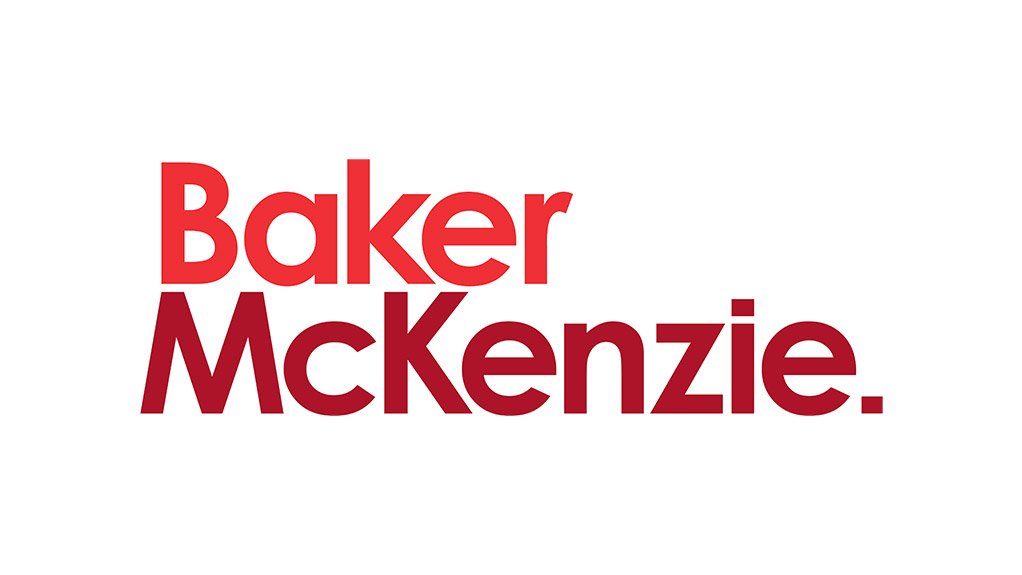It is just over a year since the Office of the Tax Ombud ("OTO") released its report dated 4 September 2017, entitled, "The Investigation in Terms of 16(1)(b) of the Tax Administration Act 28 of 2011 into Alleged Delayed Payment of Refunds as a Systemic and Emerging Issue" ("OTO Report"). Although it is difficult, in the absence of any empirical data, to gauge if there has been any notable change (post the OTO Report) in the manner in which SARS goes about its VAT refund validation and payment process, the old adage "where there's smoke, there's fire", seems to be fitting cliché to describe some of the allegations levelled at SARS with respect to the payment of refunds.
In early 2018, the Standing Committee on Finance accused SARS of delaying the payment of refunds to boost its tax collection. The CEO in the OTO, Advocate Eric Mkhawane, on the release of the OTO Annual Report for 2017/2018 ("OTO Annual Report") said that the delay in paying refunds potentially led to inflated tax revenue as refund payments were carried over to the new financial year.
The OTO Annual Report stated that most complaints that the OTO received related to the late payment of refunds and in the case of VAT refunds, it is noted that the OTO was instrumental in securing the payment of two refunds in the aggregate of R248m. Some of the common reasons cited by the OTO for the delayed payment of VAT refunds were attributable to: refunds for one period being withheld while an audit/investigation is in progress for another period; raising assessments prematurely; and requesting previous information which was previously requested and submitted during an audit. This does not bode well for SARS being a world class tax administrator and for tax morality as a whole, especially if taxpayers feel that they are being treated unfairly by SARS.
It goes without saying that SARS has to protect the fiscus against possible refund fraud (which is, in the main, prevalent in the case of VAT) but owing to the fact that VAT is a self-assessment tax, the risk of fraud always attaches itself to VAT refunds (some proponents may also argue that size matters, hence the bigger the refund, the greater the risk of fraud). However, protecting the fiscus against fraud must be balanced with the need to administer an efficient VAT system to ensure that refunds are paid timeously and that no taxpayers experience financial hardship from the delayed payment of VAT refunds. The OTO has made great strides in ensuring that complaints relating to the delay in paying out VAT refunds by SARS are attended to in an expeditious manner. This often results in SARS releasing the refunds, shortly after intervention by the OTO, based on the fact that SARS has held on to the taxpayer's monies outside of the legal remit of the tax law.
The looming issue is what happens in a case where the OTO puts through a list of recommendations to SARS to reverse assessments that were prematurely raised and pay out the VAT refunds, as SARS has no legal basis to hold onto to refunds, and SARS does not acquiesce to these recommendations? The OTO surely cannot force the hand of SARS and the only other option available to the taxpayer is to approach the courts for relief, which leads to legal costs coupled with the opportunity cost of SARS not releasing the VAT refunds in a timeous manner.
One would hope that with the changing of the guard at SARS that the payment of VAT refunds, and refunds as a whole, would be subject to the SARS risk processes and paid out timeously, as this can have an adverse economic impact on certain businesses. Notwithstanding the slow progress since the OTO Report, taxpayers are encouraged to approach the OTO after exhausting all internal relief mechanisms, since the OTO provides a good platform to gauge the magnitude of the VAT refunds debacle, and to also ensure that adequate pressure is put on SARS to make its refund validation and payment process more robust, so that it does not cause undue hardship to taxpayers.
Written by Seelan Moonsamy, Consultant, Tax Practice, Baker McKenzie Johannesburg
EMAIL THIS ARTICLE SAVE THIS ARTICLE ARTICLE ENQUIRY
To subscribe email subscriptions@creamermedia.co.za or click here
To advertise email advertising@creamermedia.co.za or click here











